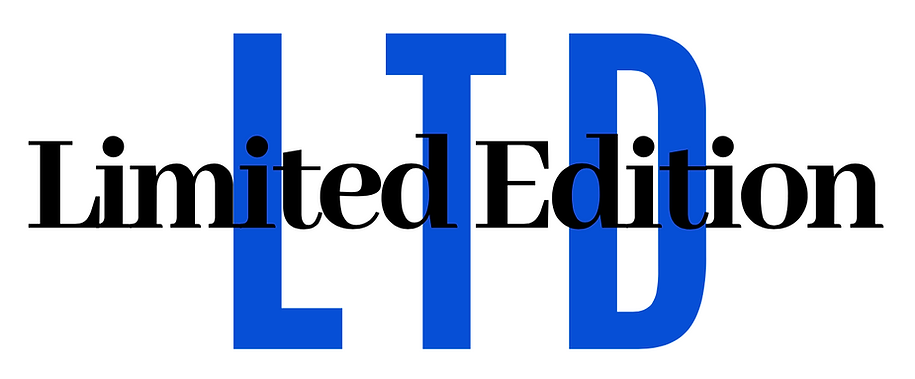Vaccines to lead us to a better normal
- Saahil Krishna
- Feb 3, 2021
- 2 min read
Updated: Mar 11, 2021
There are 3 new potential COVID-19 vaccines that will impact our near future. The first successful vaccine to be announced was the Pfizer vaccine, released on November 9th. The vaccine,developed by Pfizer and a smaller company named BioNTech, was announced to be 90% percent effective at first, only to be followed up by a final result of 95% effectiveness. On November 20th, Pfizer and BioNTech officially requested emergency authorization for the vaccine from the US government: an approval set to be acquired in a couple weeks as part of “operation warp speed”.
Meanwhile, there was a second vaccine to have successful Phase 3 trial results announced exactly one week after Pfizer’s announcement by a company named Moderna. This was especially good news for Canadians t. Initially, the Canadian government had only secured about 20 million doses of the Pfizer vaccine, which would have only reached around 10 million people in the country. Now, they have secured 56 million doses of the Moderna vaccine. This could reach about 60% of the Canadian population if effective and distributed responsibly.
Finally, AstraZeneca also has a potential vaccine that has had successful testing results. When testing the injection of two full doses of the vaccine over a course of 28 days, the vaccine proved to be 70% effective, a somewhat promising result considering vaccines could not initially overcome the 50% effectiveness mark. However, due to a manufacturing error, some patients did not receive a full dose on the first vaccination date. Although they did, however,receive the full dose 28 days later. This result led to a 90% effectiveness rate. There was a lot of controversy surrounding this clerical error, but historically a lot of vaccines and cures were actually found by accident. This vaccine seems to be more reliable than others around the world. Many other vaccines around the world are using a new technology named mRNA which is still somewhat unknown to most of the world. The AstraZeneca vaccine used a modified version of a vaccine that cures a common cold of chimpanzees. Before you get panicked, the vaccine we could be using today is heavily modified from its origin.
No matter which of these vaccines Canada receives, it is clear that there is light at the end of the tunnel. Our situation will start improving. It won't be a dramatic or sudden change, but rather a slow and steady development that will slowly lead us to a better normal.
Sources:
George-Cosh, David. “Canada Has Option for 56M More Pfizer Vaccine Doses: Anand - BNN Bloomberg.” BNN, 10 Nov. 2020, www.bnnbloomberg.ca/canada-has-option-for-56m-more-pfizer-vaccine-doses-anand-1.1520535.
Julian Daniel Sunday Willett, McGill University. “COMMENTARY: How Pfizer's and Moderna's MRNA-Based COVID-19 Vaccines Work.” Global News, Global News, 22 Nov. 2020, globalnews.ca/news/7472339/covid-19-vaccine-4/.
Press, The Canadian. “Moderna Chairman Says Canada near Front of Line for 20M Vaccine Doses.” CityNews Toronto, 29 Nov. 2020, toronto.citynews.ca/2020/11/29/moderna-chairman-says-canada-near-front-of-line-for-20m-vaccine-doses/.
Sample, Ian, and Sarah Boseley. “Oxford AstraZeneca Covid Vaccine: Everything We Know so Far.” The Guardian, Guardian News and Media, 23 Nov. 2020, www.theguardian.com/world/2020/nov/23/oxford-astrazeneca-covid-vaccine-everything-we-know-so-far.

Comments